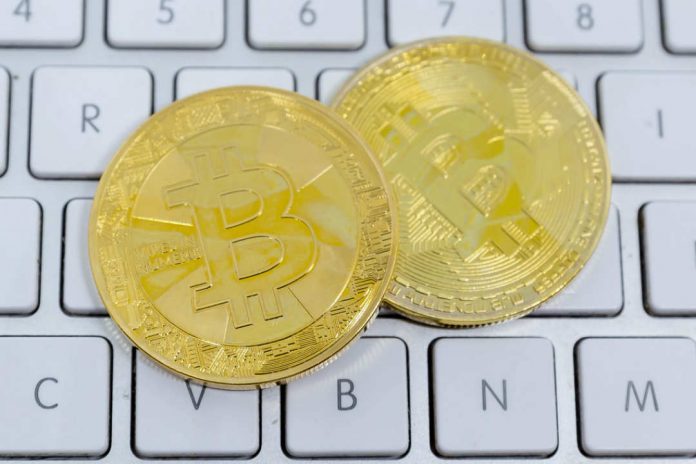Except for India and China, bitcoin remains as a digital asset for legal use throughout the rest of the planet. Having said that, if it really is a bubble or a technological revolution against governments and banks, why has it not yet been “banned” by all governments?
3 reasons why Bitcoin is legal
- Bitcoin is not a threat to sovereignty.
Bitcoin was born as a peer-to-peer electronic payment system, moving away from the traditional banking system and making sure that transactions do not have intermediaries.
In addition, the myth of anonymity has been debunked.
Bitcoin works with the blockchain, a decentralized, tamper-proof public registry and, just as with bank accounts, bitcoin wallet addresses can also be accurately tracked by anyone, especially thanks to government rules to which the wallets have to comply, like the KYC.
The privacy that bitcoin boasts is directed to the exclusion of banking intermediaries rather than governmental sovereignty, which in exceptional cases can inspect the blockchain and track transactions. It is not by chance that the DEA gave its opinion on this matter some time ago.
- Bitcoin is not a threat to central banks
Despite their exclusion from electronic peer-to-peer, banks, especially central banks, are not yet afraid of bitcoin as a global currency. In reality, transnational transactions testify to the idea that the use of bitcoin can be a competitive advantage over the traditional system rich in commissions due to exchange rates but, in terms of sovereign policy, the bitcoin network still has many objective limits to overcome before being considered as a global currency.
What is recognised about bitcoin is that it has all the characteristics to define itself as digital gold, therefore a store of value asset, thanks to its intrinsic characteristics of incorruptibility, scarcity, fungibility and homogeneity guaranteed by blockchain technology.
- Bitcoin does not have an owner
When we talk about decentralization, in addition to eliminating all possible intermediaries from transactions, we also focus on the non-existence of absolute ownership of this digital asset.
In fact, bitcoin was invented by the pseudonymous Satoshi Nakamoto, who is not the owner.
Unlike all other cryptocurrencies, such as Ethereum for example, but also Litecoin and so on, only bitcoin is not owned by any company, group or body that can decide on its fate.
In short, Bitcoin can be defined as the real realization of decentralization never seen before, which certainly does not involve any threat, quite the contrary, the creation of a real market made up of startups, exchanges, miners, resellers, etc. …




